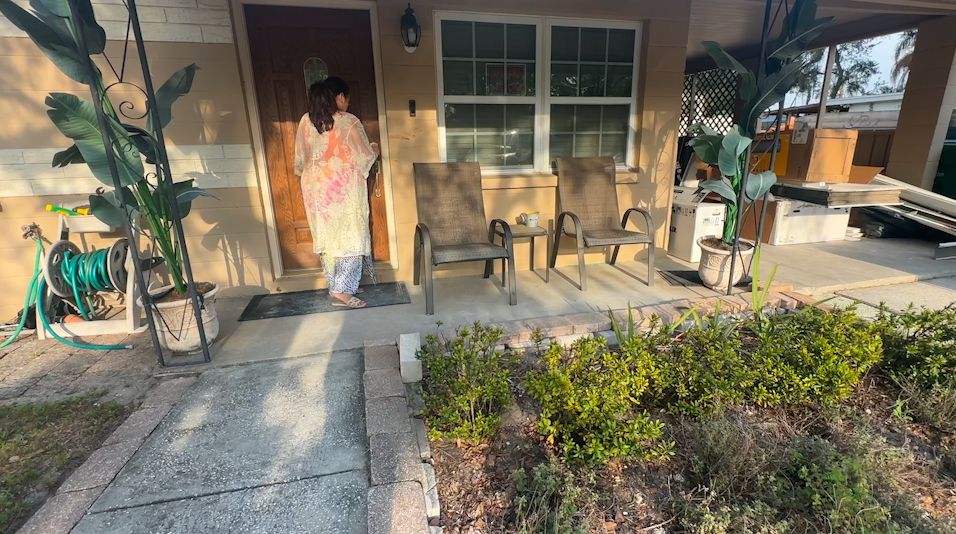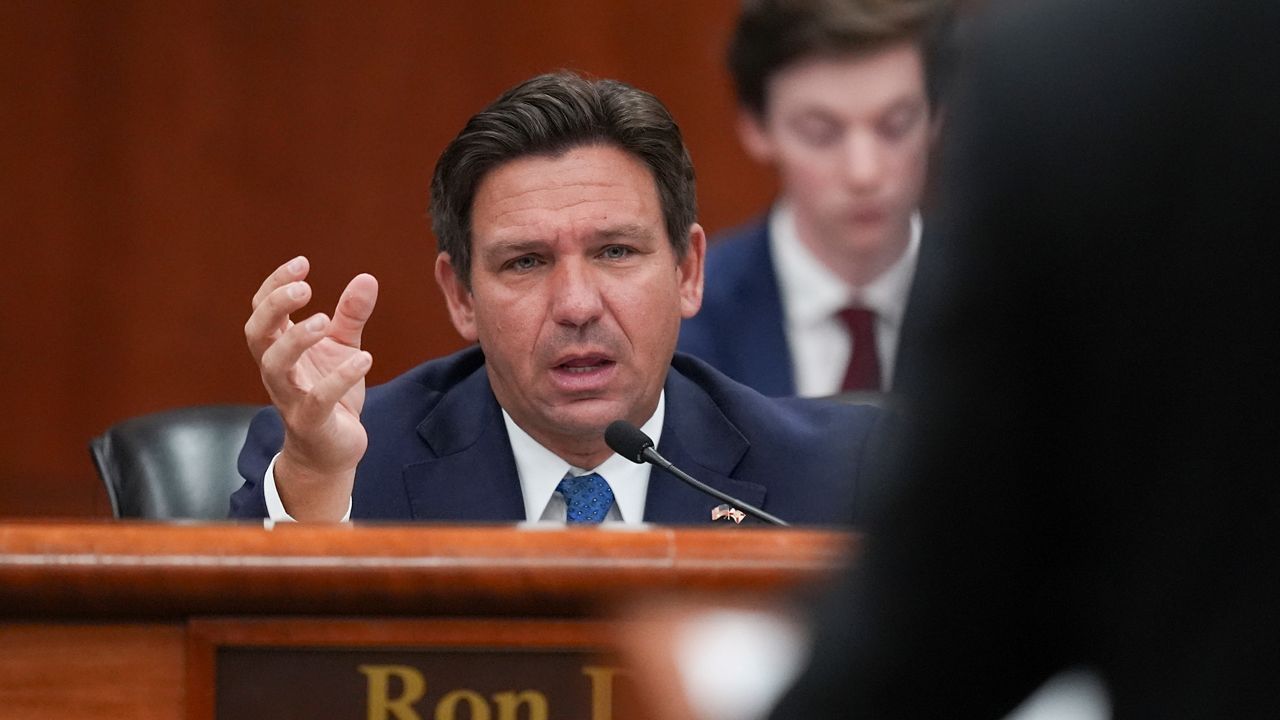HILLSBOROUGH COUNTY, Fla. — Members of the faith community are urging Hillsborough County commissioners to allocate more funding for affordable housing.
For Nehemiah Action, the Hillsborough Organization for Progress and Equity (HOPE) has gathered dozens of interfaith communities to discuss the creation of housing for working families, seniors, veterans, the disabled, and low-income residents.
On April 16, they plan to present county commissioners with over 1,000 postcards from community members requesting the approval of $10 million for the local affordable housing fund in the county budget.
“What’s our mission? Housing for all!” shouted hundreds in response at the Bible-based fellowship church.
At Nehemiah Action 2025, over 1,400 members from different congregations gathered to advocate for change. Omar Barker states that he is currently “couch surfing,” which he describes as a form of hidden homelessness. During the hurricanes, he lived in a shed he made himself.
“It’s important to speak on my testimony and what I’ve been through and what others have been through,” said Barker.
Heidi Aspinwall states that it’s critical for not only government officials, but also churches to take action.
“It’s one thing to do acts of mercy, and it’s another to do acts of justice, and the church embraces all of that,” said Aspinwall, who is the director of missions and outreach at Hyde Park United Methodist Church.
H.O.P.E. believes the county should fully fund the HOPE Affordable Housing Act. Initially, the trust allocated $10 million each year for the development of low-income housing, however, H.O.P.E. states that funding has decreased in recent years.
“When you do not have a fully funded affordable housing fund, it makes it not only difficult to leverage dollars from state and local, but it also doesn’t make developers interested in making it happen,” said H.O.P.E. Affordable Housing Co-Chair Rev. Justin LaRosa, LCSW.
Hillsborough County Commissioner Harry Cohen attended the event. He plans to vote “yes” on fully funding the budget for affordable housing.
Cohen admits that additional funding is necessary to address the shortfall of low-income housing.
“The way that you catch up is by addressing and allocating resources to invest in a solution, so we are not going to catch up if we don’t do that. If we do that, we will at least make progress. We need to make progress on workforce housing and ensure people can afford to live where they work,” said Cohen.
H.O.P.E. is also urging the county to allocate at least 20% of units in new affordable housing developments for permanent supportive housing with case management for behavioral health needs.












